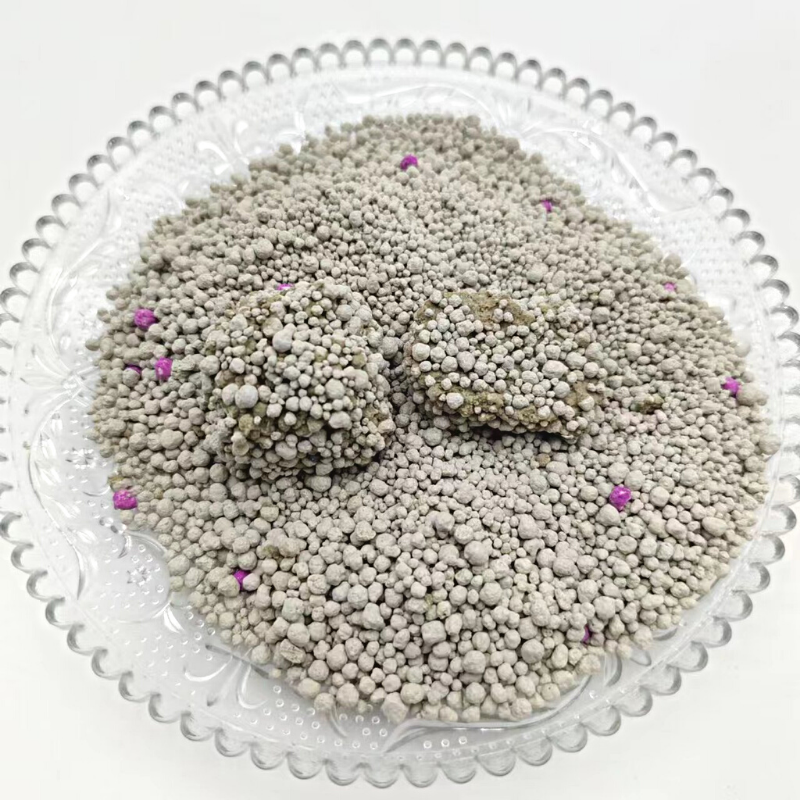
Top Producers of Activated Charcoal for Various Industrial Applications
The Growing Demand for Activated Charcoal Trends in Manufacturing
Activated charcoal, also known as activated carbon, has gained immense popularity in recent years due to its versatile applications across various industries. Its remarkable ability to adsorb impurities and toxins makes it a sought-after resource in sectors like healthcare, water purification, cosmetics, and even food and beverage industries. As a result, the role of manufacturers in producing high-quality activated charcoal is becoming increasingly significant.
Understanding Activated Charcoal
Activated charcoal is produced by heating carbon-rich materials, such as wood, coconut shells, or peat, in the presence of a gas that causes the material to develop internal pores. This process, known as activation, enhances the surface area of the charcoal, allowing for maximal adsorption of pollutants and toxins. The porous structure of activated charcoal provides an extensive surface area, which can range from 300 to 2,000 square meters per gram, thereby making it incredibly effective in trapping unwanted substances.
Health and Wellness Applications
One of the primary markets for activated charcoal is the health and wellness sector. Activated charcoal supplements and detox products have surged in popularity, with consumers seeking natural remedies for digestive issues, toxin removal, and even oral health. Manufacturers are innovating formulations that blend activated charcoal with other natural ingredients, catering to the growing trend of holistic health. This has led to the emergence of various products, including charcoal-infused beverages, toothpaste, and facial masks.
Moreover, activated charcoal has been used in emergency medicine to treat poisonings and overdoses. By adsorbing toxins present in the gastrointestinal tract, activated charcoal can significantly reduce the absorption of harmful substances, making it a vital tool in emergency care. Manufacturers focusing on pharmaceutical-grade activated charcoal must ensure the highest purity and quality standards to meet regulatory requirements.
Water and Air Purification
Another significant application of activated charcoal is in environmental sustainability, particularly in water and air purification. Water treatment plants often use activated charcoal to remove contaminants, chemicals, and unpleasant odors from drinking water. In air purification, activated charcoal filters are used to improve indoor air quality by capturing volatile organic compounds (VOCs) and other pollutants.
manufacturer of activated charcoal

Manufacturers supplying activated charcoal for these applications face the challenge of producing a product that meets stringent environmental regulations and consumer safety standards
. With an increasing demand for eco-friendly products, many manufacturers are exploring sustainable sourcing and production methods, thus reducing their ecological footprint.The Cosmetic Industry Boom
The beauty industry has also embraced activated charcoal, with numerous brands incorporating it into their skincare and cosmetic products. Activated charcoal is lauded for its cleansing properties and ability to draw out impurities from the skin. Face masks, scrubs, and cleansers containing activated charcoal have become popular among consumers seeking a deeper clean and detoxification of their skin.
Cosmetic manufacturers are capitalizing on this trend by innovating formulations that enhance the benefits of activated charcoal while also addressing skin concerns specific to various demographics. As consumers become more ingredient-conscious, the demand for natural and effective products is driving manufacturers to prioritize transparency and quality in their offerings.
Challenges and Opportunities for Manufacturers
While the market for activated charcoal continues to grow, manufacturers face several challenges, including fluctuating raw material prices and the need for continuous innovation to meet changing consumer preferences. Additionally, regulatory compliance can be daunting, particularly for companies dealing with food-grade or pharmaceutical-grade activated charcoal.
However, these challenges also present opportunities. Manufacturers can invest in research and development to create specialized activated charcoal products tailored to the needs of specific markets. Collaborations with industries such as healthcare and cosmetics can also foster innovation and lead to the development of new applications.
Conclusion
The demand for activated charcoal is on an upward trajectory, driven by its diverse applications and the growing consumer preference for natural and effective products. Manufacturers play a crucial role in this landscape, as they are responsible for producing high-quality activated charcoal that meets various industry standards. As the market evolves, manufacturers must remain agile, embracing sustainability, innovation, and collaboration to capitalize on the opportunities presented by this versatile material. With the right strategies, the future of activated charcoal manufacturing looks promising, paving the way for a healthier and more sustainable world.
Share
-
Premium Pigment Supplier Custom Solutions & Bulk OrdersNewsMay.30,2025
-
Top China Slag Fly Ash Manufacturer OEM Factory SolutionsNewsMay.30,2025
-
Natural Lava Rock & Pumice for Landscaping Durable Volcanic SolutionsNewsMay.30,2025
-
Custom Micro Silica Fume Powder Manufacturers High-Purity SolutionsNewsMay.29,2025
-
Custom Mica Powder Pigment Manufacturers Vibrant Colors & Bulk OrdersNewsMay.29,2025
-
Custom Micro Silica Fume Powder Manufacturers Premium QualityNewsMay.29,2025






